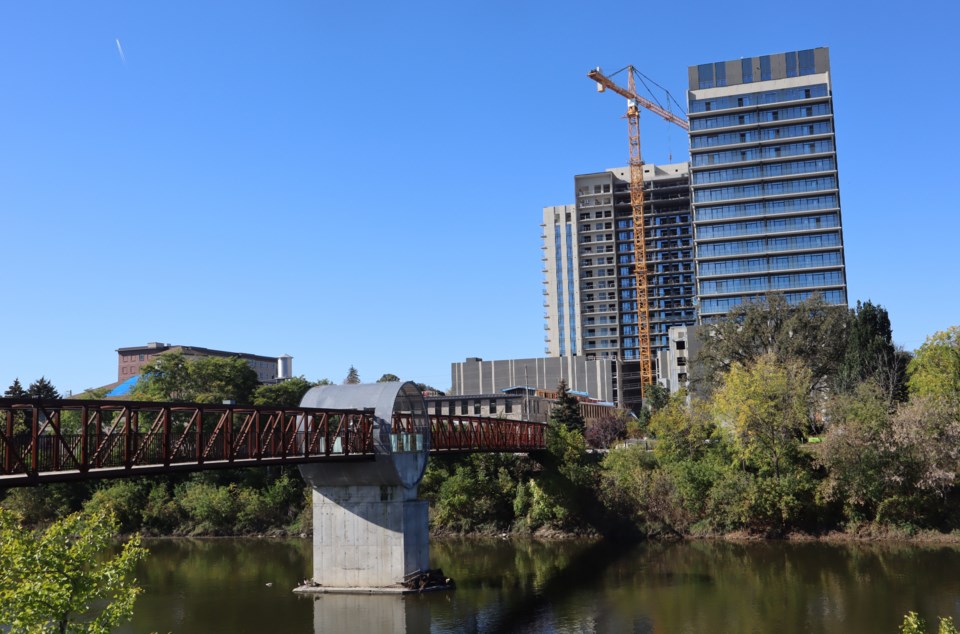As the city looks for alternative ways to cover over $16 million in waived development charges (DCs) from three separate projects, two of which have already been approved, one councillor wants an immediate assessment of Cambridge's DC policy.
The fees charged to developers cover a municipality’s growth-related capital expenditures on infrastructure and service improvements. The city drafted its first policy to waive DCs in the city's three core areas in 2015 to encourage infill and brownfield development.
But in establishing exemptions for builders, the city has missed out on an estimated $25 million in revenue while still needing to fund improvements like roads, water and wastewater, not to mention so called soft services like fire, libraries and parks and recreation.
DC revenues lost so far this year amount to over $16 million, including $5.1 million for the 55 Kerr St. development, $4.3 million for the Cambridge Mill development at 130 Water St. and $6.5 million in DCs if plans are approved for 255 King St., the site of the former Kress Hotel.
The policy to waive the DCs in the city's cores was upheld by council in 2019 with a plan at that time to give the development industry three years notice before any increase in rates would take affect.
But the idea of Cambridge taxpayers continuing to shoulder the impact of waived development charges worried Coun. Mike Mann during Tuesday’s meeting.
As chair of the city’s budget committee, he wants a report from staff on how the city is going to cover those costs as council begins to consider next year’s budget.
“One option is a tax increase and I don’t think that’s an option we want to look at if there are other options,” he said.
As noted in an amendment to uphold the core DC exemptions in 2019, city staff noted waiving the fees is a strong incentive for developers, but it shifts the burden to taxpayers.
In the four years prior to the 2019 amendment, those exemptions totalled about $7 million in waived DC funds, including from the Gaslight District condos.
According to the growth forecast in the city’s 2019 development charges study, Cambridge is on track to grow by over 22,000 residents by 2031. It will result in the need for over 9,000 new residential units, most of which are expected in the city’s core areas.
The city’s chief financial officer Sheryl Ayres said one option to pay for DCs waived this year would be to drain the city’s rate stabilization reserve fund, which has a balance of $8 million and would cover half of the impact.
“There’s a remaining difference of $8 million that we’re going to have to fund from some other sources,” Ayres said, adding a report coming to council in a Nov. 23 a public meeting will discuss recently approved legislation to update the Development Charges Act.
That might be an appropriate time to provide more information on the policy to waive development charges in the city’s cores, she said.
“We can look at doing an update to our development charges bylaw if council wanted to consider that policy.”
Deputy city manager Hardy Bromberg reminded council that a review of the development charges bylaw is already scheduled for the first quarter of 2022.



